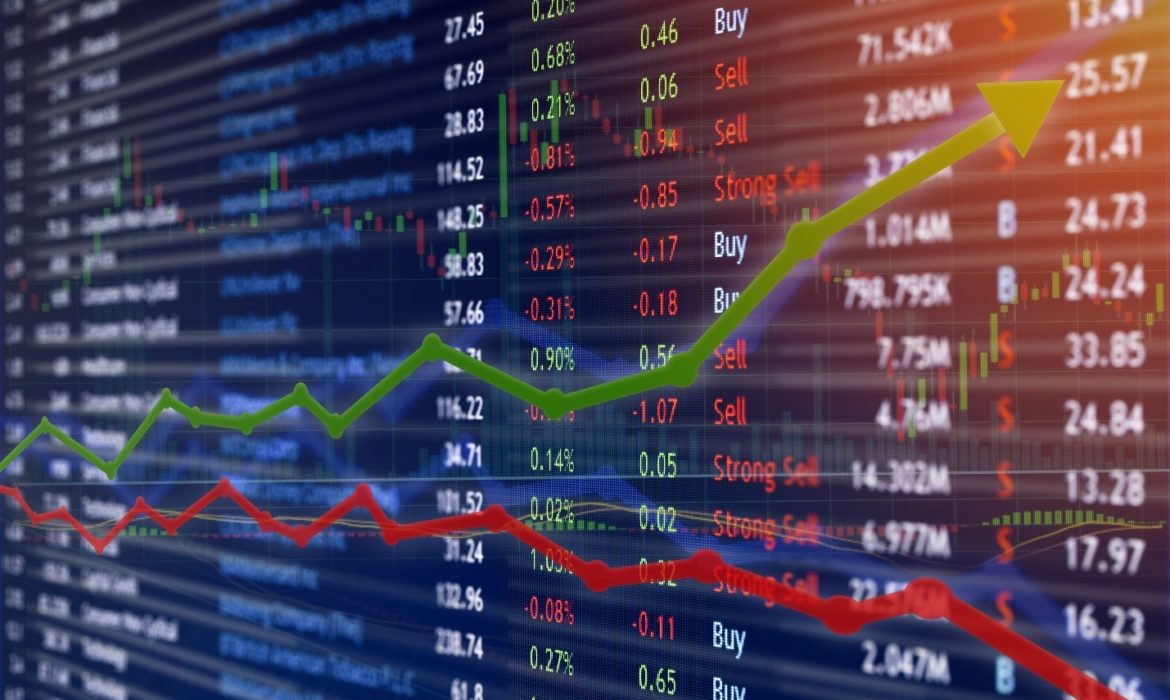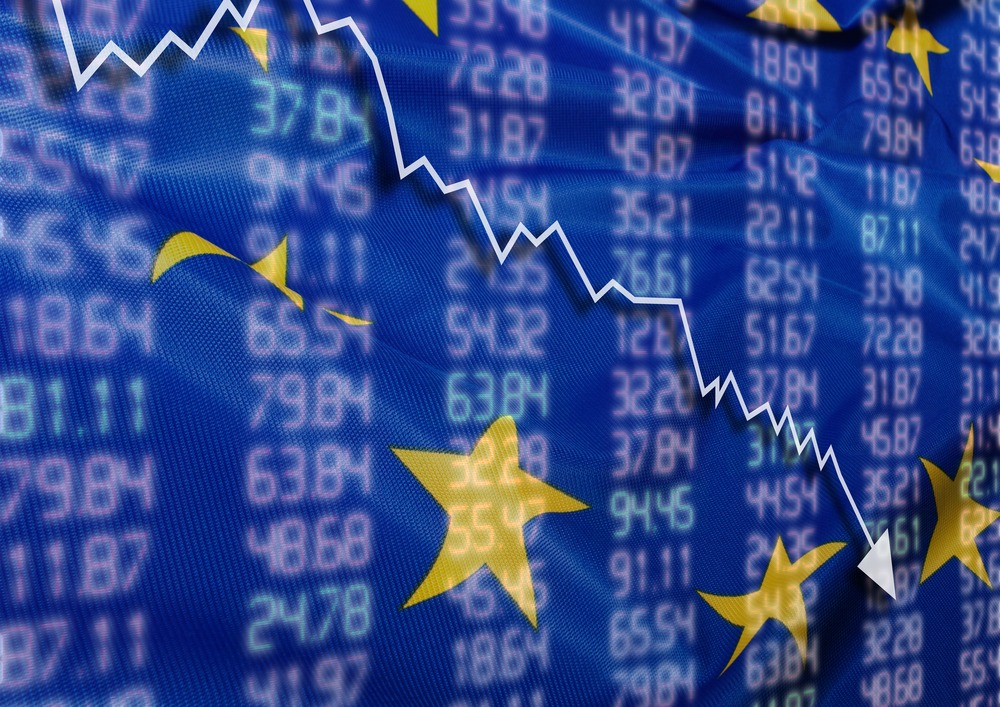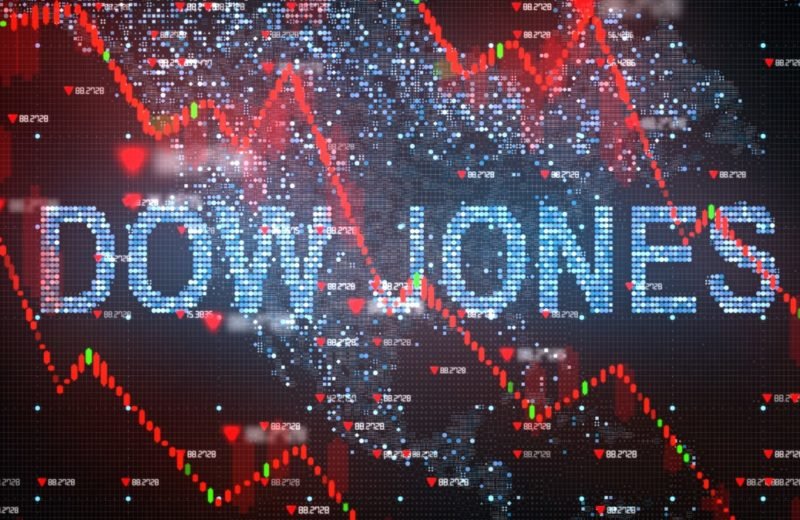Government bond yields in the United States and Europe rose again on Friday. Helping to boost risk appetite this week was tame U.S. inflation data.
Moreover, signs from the European Central Bank that it was ready to speed up money-printing to keep a lid on borrowing costs. This has put the benchmark STOXX 600 on course for a more than 3% weekly gain.
On Friday, rising bond yields dragged European stocks lower. Albeit, major bourses were set for weekly gains because stimulus and vaccination programs raised hopes for a solid economic recovery.
The pan-European STOXX 600 index lost 0.5%. A day earlier, a four-session winning streak drove it to pre-pandemic highs.
Bert Colijn, senior euro zone economist at ING said, on one hand, they had the ECB that tried to talk down yields. Also, they had the final approval of Biden’s stimulus package driving U.S. yields somewhat higher again.
So this may be an American story that will remain in the driver’s seat to a degree. And with the ECB as an important counterweight to that, Colijn said.
On Thursday, U.S. President Joe Biden signed a massive $1.9 trillion stimulus bill into law. That was with direct deposits from the legislation expected to go to the American people this weekend.
The stimulus is meant to give a boost to the U.S. economy, but it also raises worries about a spike in inflation. An inflation could push central banks to tighten monetary policy.
The tech sector declined the most in Europe, down 1.7%. Automakers and miners also weighed.
Lower EU Stocks, Rising Covid Worries
European stock markets weakened Friday, also because investors had to digest fresh coronavirus worries and weak U.K. growth data.
The DAX in Germany traded 0.6% lower at 3:50 AM ET (0850 GMT). The CAC 40 in France lost 0.1% and the U.K.’s FTSE index fell 0.4%.
The EU struggles in giving its people shots, while the U.K. and the U.S. continue with their vaccination rollouts. Infection rates are rising again in big countries like Germany, Italy, and much of central Europe.
Moreover, on Wednesday, France reported over 30,000 new coronavirus infections for the first time in two weeks. Over this, French health minister, Olivier Veran, warned that the Covid-19 situation in greater Paris was ‘especially worrying.’
Meanwhile, GDP data showed the U.K. economy shrank by 2.9% in January. That was a result of the latest lockdown, making it 9% smaller than its peak before the pandemic.
















